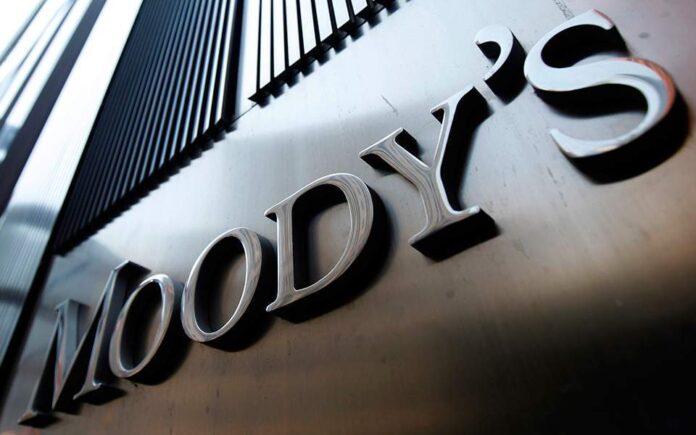Pakistan’s foreign exchange reserves continue to remain vulnerable of external pressures, while liquidity risks also remain high, said Moody’s in a periodic review of the country.
“The country has high susceptibility to event risk driven by heightened external vulnerability as external pressures continue to weigh on the country’s foreign-exchange reserve adequacy, while political and government liquidity risks remain elevated in Pakistan,” the Moody’s document, available with a private media outlet, stated.
Moody’s Investors Service reviews its ratings periodically in accordance with regulations – either annually or, in the case of governments and certain EU-based supranational organisations, semi-annually.
This development comes as no surprise as Pakistan’s economy is continually taking a beating, which is evident in the deteriorating key macroeconomic indicators and the country’s weak fiscal position.
Moody’s did not announce any credit rating for the country. The agency had maintained ‘B3 negative’ credit rating for Pakistan due to heightened external vulnerability risk. However, earlier, it had hinted at a further downgrade if the country’s external position continued to weaken and erosion of foreign exchange reserves.
In its review, the ratings agency stated that the credit profile of Pakistan (issuer rating B3) reflects the country’s moderate economic strength, which is underpinned by the relatively robust GDP growth potential and large scale of the economy, limited by very low per capita incomes and global competitiveness.
The review marked the country’s institutional strength as very low, taking into account very weak scores in the Worldwide Governance Indicators.
The World Bank Worldwide Governance Indicators (WGI) provides a ranking of 215 countries and territories based on six dimensions of governance; voice and accountability, political stability and absence of violence, government effectiveness, regulatory quality, rule of law, and control of corruption. According to data from 2017, Pakistan has shown improvement on all six fronts; however, in terms of regional competitiveness it lags far behind its South Asian peers.
On the other hand, the document stated that greater central bank autonomy has increased monetary policy effectiveness.
It stated that the country’s profile reflects, “The government’s ‘Very Low (-)’ fiscal strength owing to its very narrow revenue base, which hinders debt affordability, reduces fiscal flexibility and increases the debt burden given ongoing infrastructure spending needs and rising interest expense.”
























